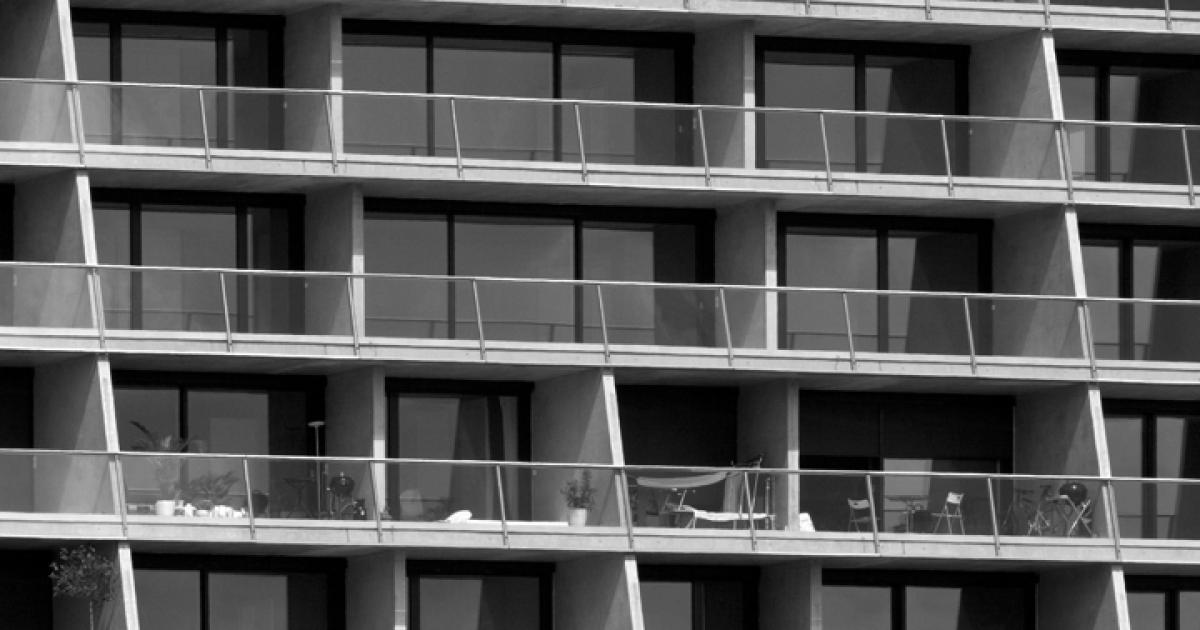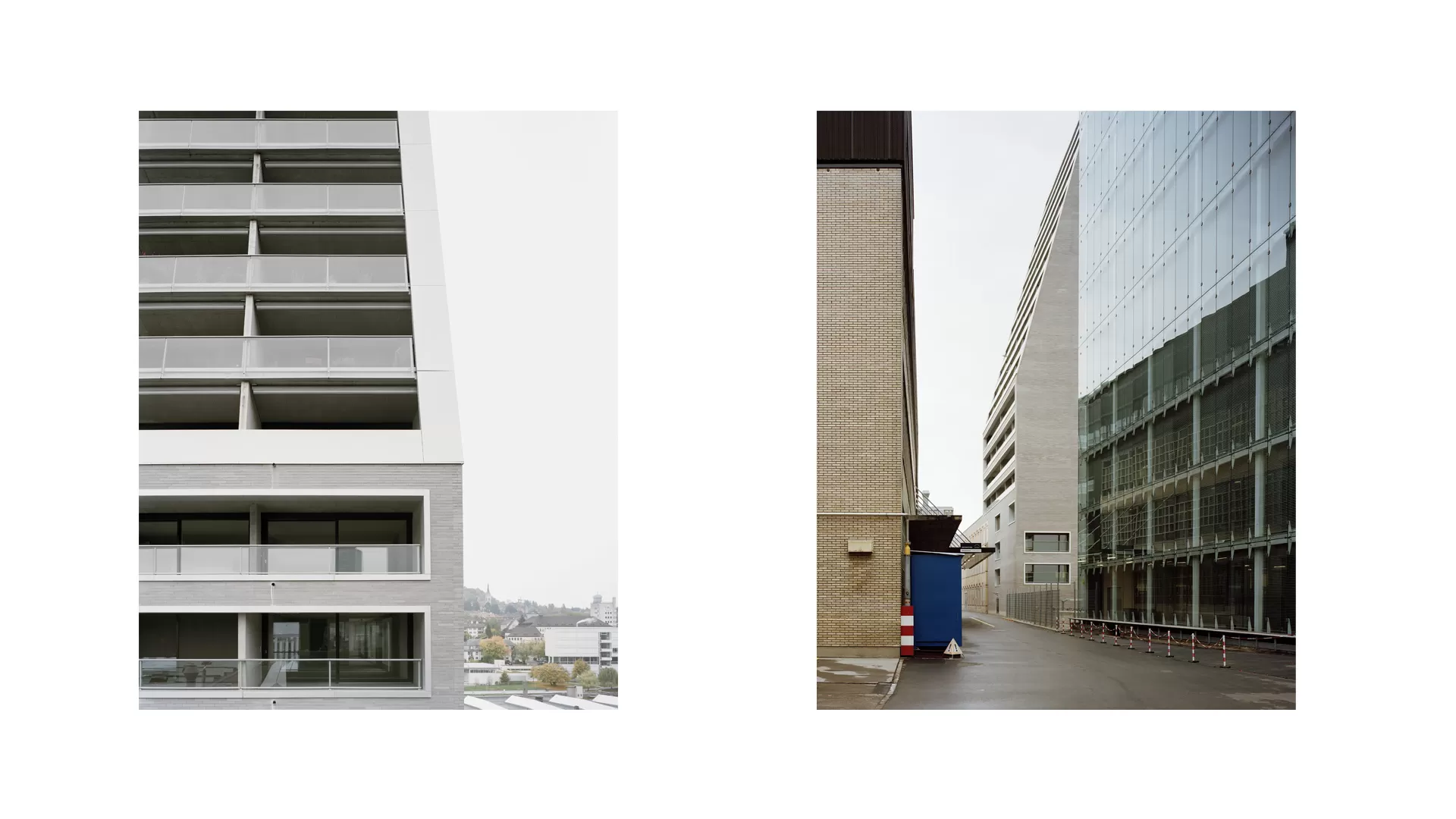Terraced housing refers to the countless suburban proposals seeking to maximize views with their slopes. Surprisingly, these proposals are often far removed from an uncompromising belief in the city. They line the outskirts of urban configurations, jostling to assert themselves. In our cities, views and panoramas are not part of an urban agenda. Our “dream metropolis” is and will remain part of the small-city typology. As a result, we possess no metropolitan inheritance, not local references on which to lean.
It seems that an exhaustion of the periphery must occur in order to reach the point when the city center will attempt to develop and construct truly urban typologies.
The tower merges with the existing, original warehouse that stands on the edge of the Escher-Wyss industrial area, abandoned and hidden – a situation unusual to Zurich. Rehearsal stages for the opera house will be integrated with the existing buildings to create a link with the surrounding industrial production, still active today. The new construction absorbs the existing, infusing it with a porous materiality. It fills the old arched windows from the inside, and as such is converted into a new whole. By weaving the existing industrial elements with the residential tower, the building engages with an unusual urban situation, standing slightly offset from the street. The profile of the building develops conically. From the upper edge of the existing structure, with a depth of 25 meters, the new apartments of 8 meter modules stack continuously upwards. A south-facing tribune rises to a height of 60 meters and reveals an expansive view over the city center and Lake Zurich.

















